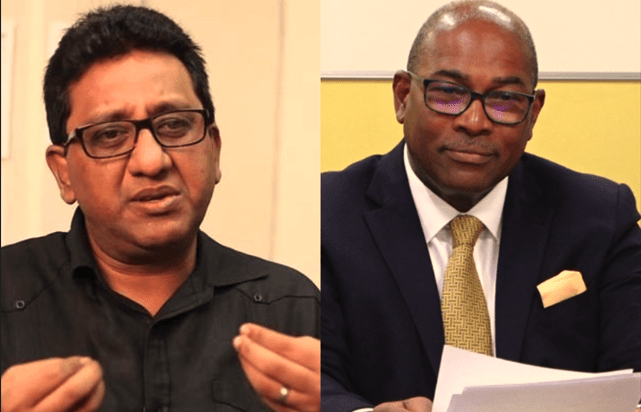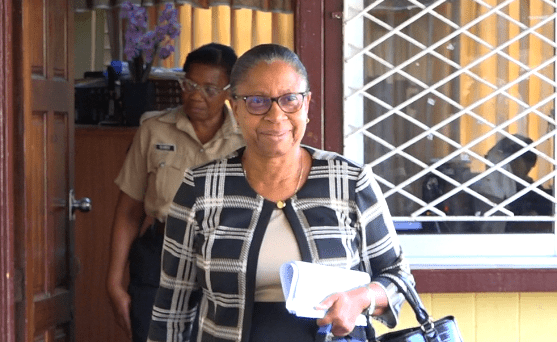

Chief Justice (ag) Roxane George this morning dismissed a case brought by Chief Scrutineer of the People’s National Congress Reform (PNCR) Carol Joseph that sought to repeal amendments to the National Registration Act which removed the requirement of residency for citizens to vote.
In her application, Joseph wanted the High Court to issue an order mandating the verification of registrants’ addresses for the general and regional elections.
But Justice George, in her ruling, reaffirmed her previous decisions that there is no residency requirement to vote.
“The Order sought by the applicant would mean that she’s asking the court to introduce a residency requirement, about which this court ruled [previously]… and would be in violation of Article 159 (1) of the constitution,” she noted.
According to the Chief Justice, the constitution does not support the disenfranchisement of citizens. Hence, a person cannot be removed from the List of Electors because there was no connection to the address given during the registration process.
“Election laws of Guyana are clearly meant to provide minimal restriction on the eligibility of Guyanese regarding the right to vote. It simply places the onus on persons to get registered in the place of [their] choice regarding where they want to vote, so that the names can be included in the Official List of Electors, which is clearly meant to be the source list for all elections.”
Justice George further contended that if the legislature wanted to include a requirement for the verification of a person’s connection to an address, it would have said so.
“One cannot remove a person from the list because they happen to no longer live at a particular place, or it is not proven that they live at a particular place… The Constitution does not permit a disenfranchisement of persons because the address they provide does not meet with the approval of the registration officer…”
“Article 159 (1) is about the right to vote while Article 73 (1) is about where a person would exercise [that right]. So, the application is dismissed,” Justice George declared.
Moreover, the Chief Justice concluded that the issues raised in this case were similar to a previous case filed by Joseph in 2022. Taking this into consideration, the court will assess the cost.
Attorney General Anil Nandlall welcomed the ruling, saying that the court has guided the country at “a very important junction on a very crucial issue.”
AG Nandlall represented that State while Joseph was represented by Attorney Dexter Todd.
During the case, controversy had when the Guyana Elections Commission’s (GECOM) legal officer Kurt DaSilva told the court that there could be separate ballots for regional and general elections to ensure residency of voters for regional elections.
The Chief Elections Officer Vishnu Persaud had subsequently contended in a statement to the media that those submissions do no reflect his instructions to the legal officer and were unauthorised.
The CEO had further stated that the legal officer’s submissions were in total contrast to how voter lists and ballots have been prepared for decades up to the 2020 general and regional elections, and that they have implications for the preparations of the upcoming elections.
Nandlall had previously explained that the amendments to the law sought to “bring the law in conformity with the Constitution.”
He noted that though the Constitution was changed in 1980, the law was amended until 2022. Prior to these changes, GECOM removed names from the National Register of Registrants (NRR) or halted the registration process if address verification failed.
But Nandlall had outlined that “the Constitution does not require a person to be resident in Guyana to be qualified to vote or qualified to register.”
Nandlall had explained that a ruling in favour of Joseph will return the law to its previous state.
Joseph wanted proof of residency to be required when registering to vote. Among other things, Nandlall had submitted to the court that this amounts to a judicial review of the constitution, a power the court lacks.
Following her ruling, the Chief Justice pointed out that the elections laws are all over the place and there is definitely “work to done.”
Related News
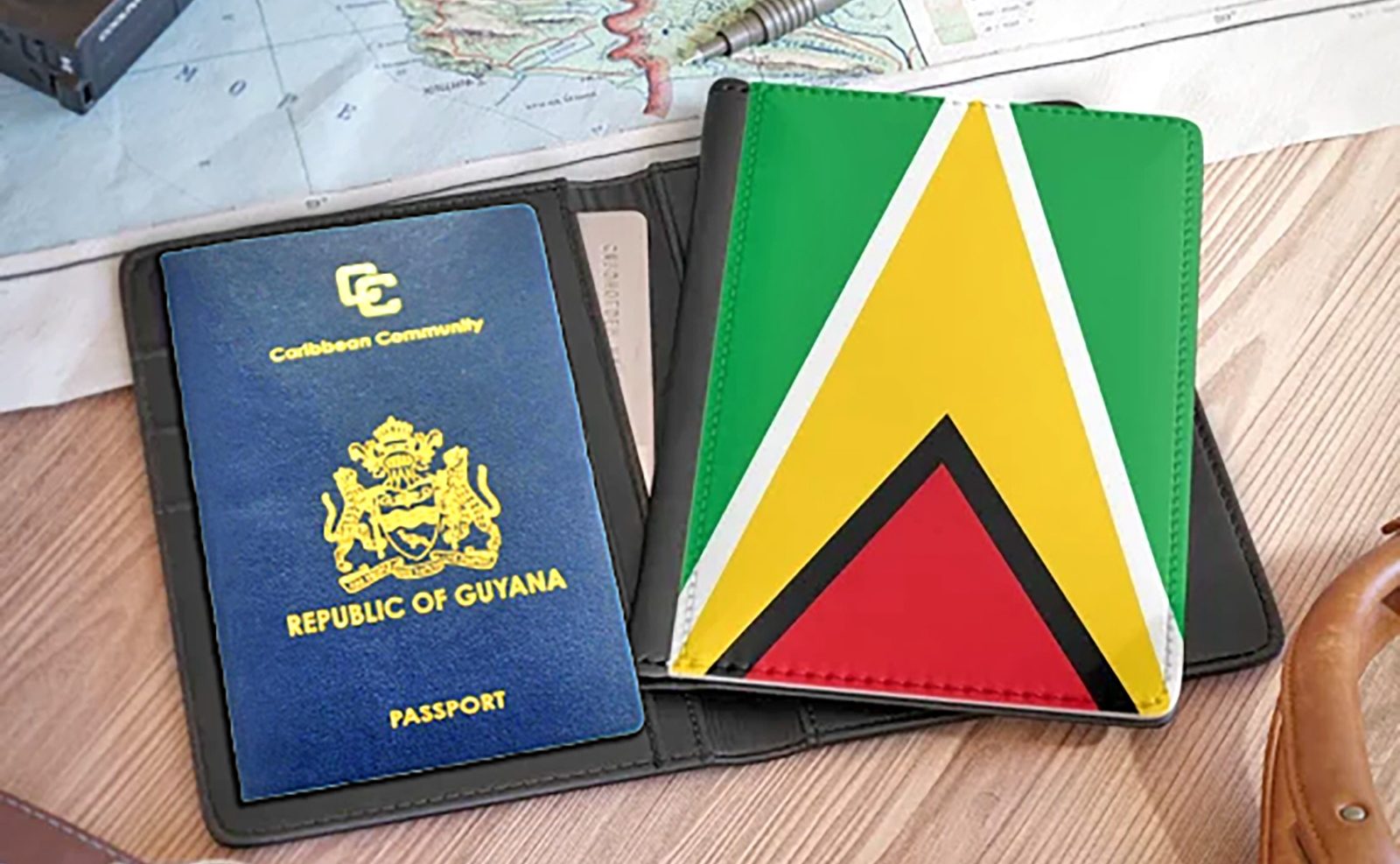
More non-nationals seeking to become citizens/residents of Guyana – Foreign Secretary
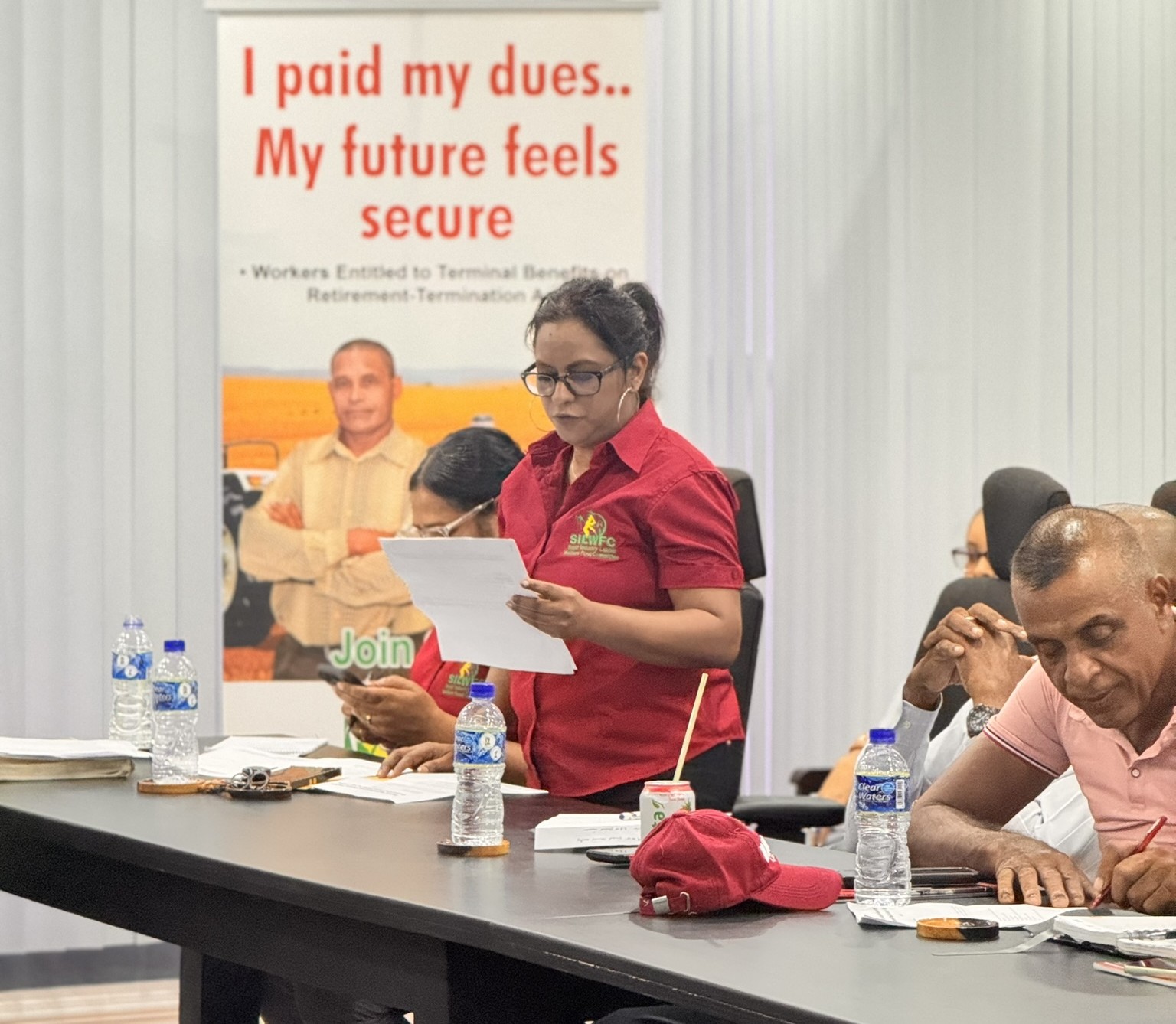
GAWU Credit Union shares $5.5M to members
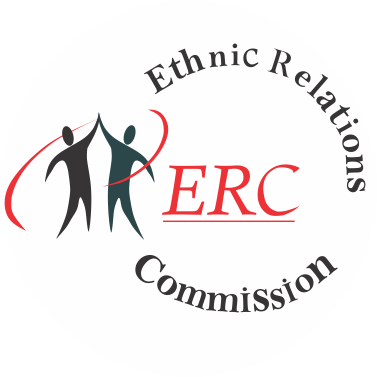
"Political discourse must never lead to ethnic divisions or conflict among our people" - ERC
